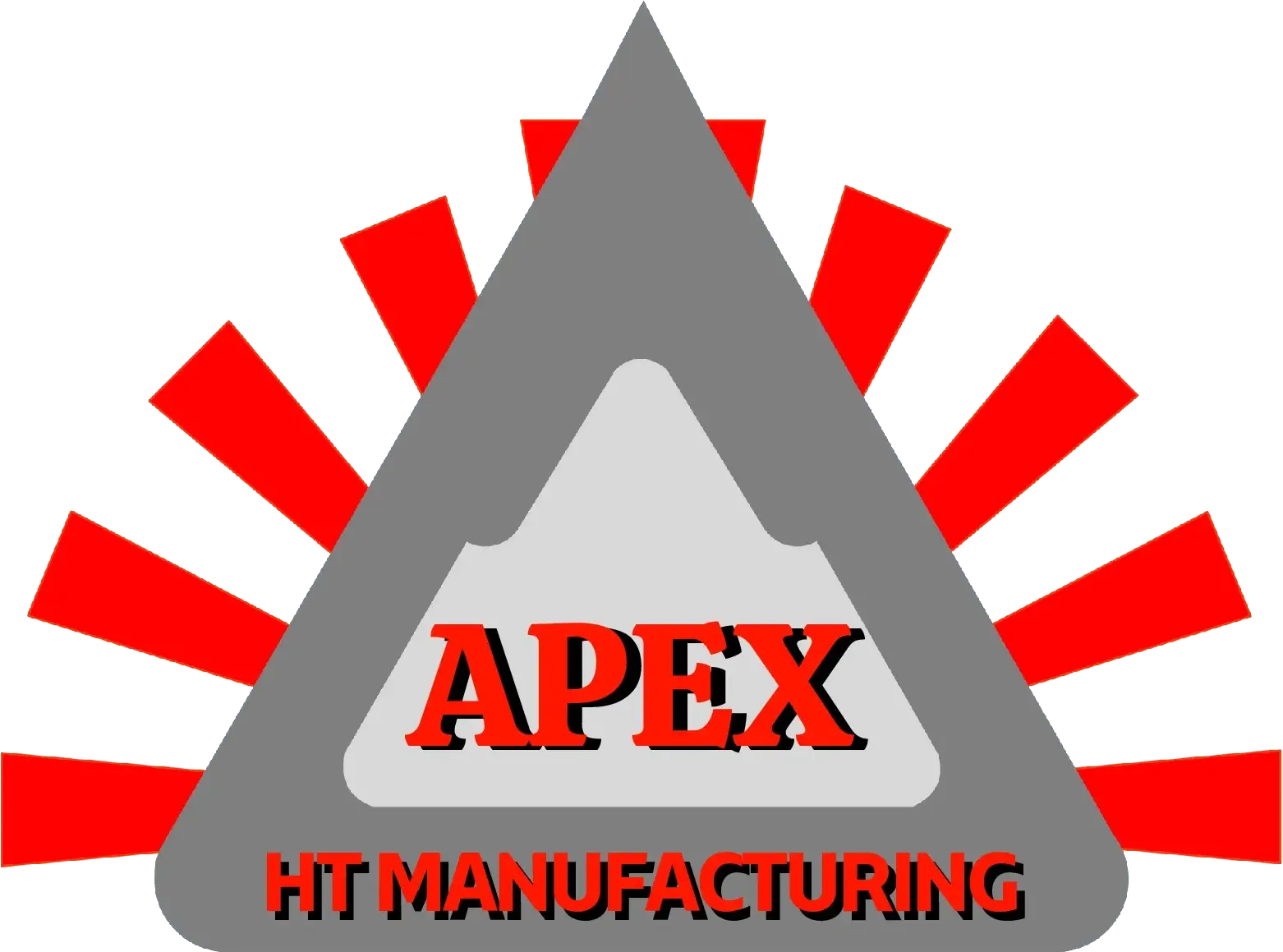
CNC Technology and Advanced Manufacturing: Powering the Future of Production
In today’s rapidly evolving industrial landscape, CNC (Computer Numerical Control) technology has become the backbone of advanced manufacturing. From aerospace and automotive components to medical devices and consumer electronics, CNC machines deliver the precision, speed, and consistency that modern production demands. As industries shift toward smart manufacturing and automation, CNC technology continues to play a central role in shaping the factories of the future.
What Is CNC Technology?
CNC technology involves the use of computer-controlled machines to perform complex manufacturing tasks with exceptional accuracy. By translating digital design data (CAD/CAM files) into precise machine commands, CNC systems can cut, mill, drill, or turn materials such as metal, plastic, and composites. Unlike manual machining, CNC processes eliminate human error, ensuring consistent quality even across large production runs.
A key advantage of CNC machining is its flexibility. Engineers can reprogram machines quickly to produce different parts, enabling manufacturers to respond swiftly to design changes or market demands. This adaptability makes CNC a cornerstone of lean and just-in-time production strategies.
CNC and Advanced Manufacturing
Advanced manufacturing refers to the use of innovative technologies and processes to improve product performance, efficiency, and sustainability. CNC machining integrates seamlessly into this ecosystem, especially when combined with other technologies like robotics, additive manufacturing (3D printing), and the Industrial Internet of Things (IIoT).
Modern CNC machines are now equipped with smart sensors and real-time monitoring systems that collect valuable production data. This data helps optimize tool paths, predict maintenance needs, and minimize downtime. Additionally, advanced software integration allows for digital twins—virtual replicas of machines and processes that can be tested and refined before physical production begins.
Benefits Driving the Industry Forward
The integration of CNC technology in advanced manufacturing delivers several powerful benefits:
- Precision and Repeatability: CNC machines can achieve tolerances within microns, ensuring perfect parts every time.
- Increased Efficiency: Automated operations reduce cycle times and boost productivity.
- Reduced Waste: Optimized machining paths and material utilization lower production costs and environmental impact.
- Scalability: From prototyping to mass production, CNC systems scale easily without sacrificing quality.
- Enhanced Safety: Automation minimizes direct human involvement in hazardous machining operations.
The Future of CNC in Manufacturing
As Industry 4.0 continues to transform production environments, CNC technology is becoming more intelligent, connected, and autonomous. Artificial intelligence and machine learning are being integrated to optimize machining parameters and enable predictive maintenance. Meanwhile, hybrid systems combining CNC machining and additive manufacturing are emerging, allowing for unprecedented design freedom and efficiency.
The next generation of CNC-driven manufacturing will focus not only on precision but also on sustainability—reducing energy consumption, recycling materials, and minimizing waste across the production chain.
Conclusion
CNC technology has evolved from a precision tool into a digital powerhouse that fuels advanced manufacturing. By combining automation, data analytics, and intelligent control, CNC systems empower manufacturers to produce smarter, faster, and greener. As industries continue to innovate, CNC machining will remain at the heart of the global shift toward a more efficient and sustainable manufacturing future.
